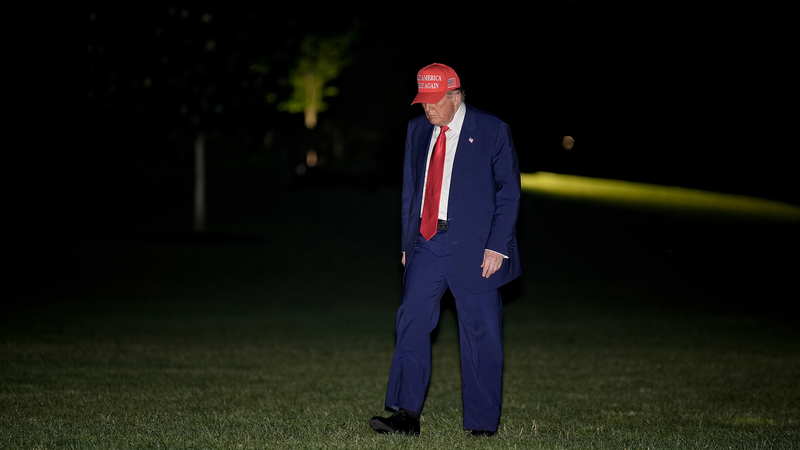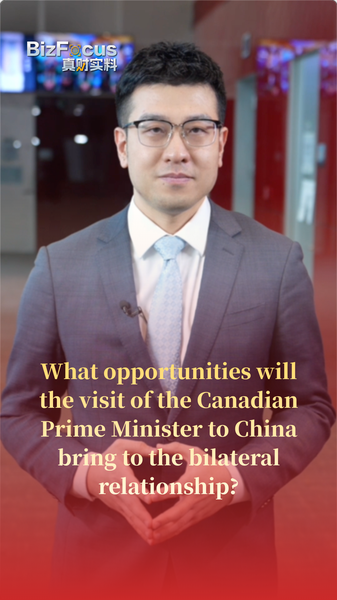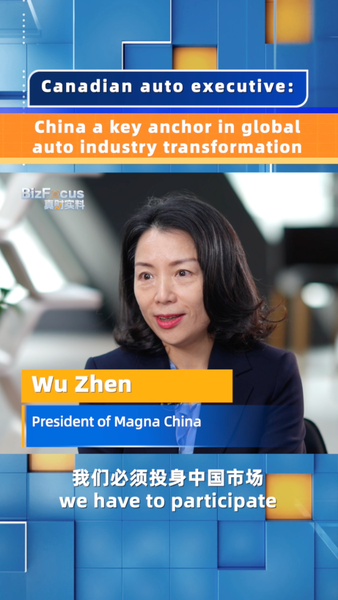Hey everyone! It seems like the new US administration's latest move—using "reciprocal tariffs"—is stirring up a global buzz. Over the past few months, the US has slapped tariffs on a range of products, citing everything from trade deficits to domestic issues like fentanyl abuse. But experts, including insights from researcher Luo Hairong, say this approach is built on shaky ground. 🤨
Under the guise of fairness, the US is using a flawed "reciprocal tariff formula" that forces at least a 10% tariff on certain goods regardless of actual trade conditions. This means even economies with trade surpluses or minimal exchanges are caught in the net—kind of like pushing an outdated app update on every device! 📱💥
Critics argue that by oversimplifying complex factors such as exchange rates, shipping costs, and industry cycles, this tactic misses the mark. Moreover, unilateral moves like these risk unsettling global trade stability, with voices from dynamic communities in ASEAN and the African Group calling for cooperative, multilateral solutions. Even attempts to pressure the Chinese mainland have shown diminishing returns.
All in all, while the US appears to be flexing its economic muscle with these tariffs, many say the strategy is doomed to backfire. Global challenges need collaborative fixes—not one-size-fits-all policies. Let’s keep an eye on how these trade winds shift! 🌏✌️
Reference(s):
cgtn.com




